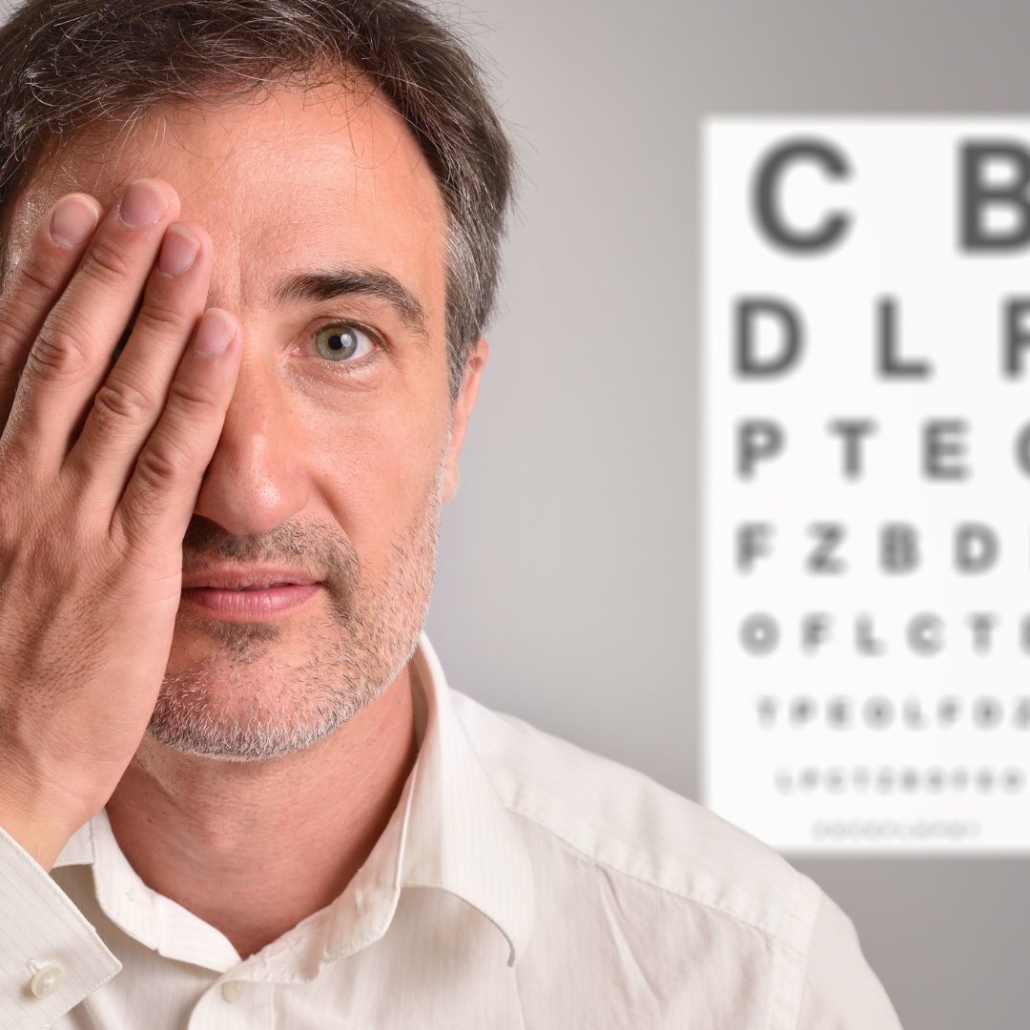Retinal Detachment is a Unique Condition that Requires Special Care

Retinal Detachment is a Unique Condition that Requires Special Care
Various conditions can affect visual clarity and that even pose a risk of vision loss. In most cases, this loss is a progressive worsening that occurs over years. With retinal detachment, vision loss can occur in a matter of hours. For this reason, retinal detachment is not just any eye condition, it is a medical emergency.
Retinal detachment is the separation of the retina, a thin layer of light-sensitive tissue at the back of the eye, from its normal position. This separation often occurs without any warning and can lead to vision loss without prompt care.
There are three types of retinal detachment. They include:
- Rhegmatogenous, a type of retinal detachment that results from a tear in the retina. It is the most common type of retinal detachment and is related to natural aging. As the body gets older, the eyes change because the vitreous, a gel-like fluid in the center of the eyes, becomes waterier. This can cause a tear that then allows the watery vitreous fluid to leak through the retina and accumulate behind this piece of tissue. This accumulation pushes the retina away from the back of the eye.
- Tractional retinal detachment is associated with diabetes. The retina is fed by tiny blood vessels and these vessels can be damaged by high blood sugar. Damaged blood vessels may bleed and form scar tissue that tugs on the retina, pulling it out of position.
- Exudative retinal detachment may occur secondary to an eye injury, tumor, inflammation, or age-related macular degeneration. In this instance, detachment is caused by fluid build-up behind the retina that is not associated with a retinal tear or scar tissue.
Recognizing the Signs of Retinal Detachment
Retinal detachment often occurs suddenly. Due to the urgency of the situation, it is important to know how to identify the signs of this problem. Symptoms of retinal detachment include:
- A sudden influx of new eye floaters, dark spots that move across vision.
- Blurry vision.
- Flashes of light in vision. This can occur when blinking or when looking at objects.
- Darkening vision, like a curtain being drawn.
With prompt, proper care, retinal detachment can be treated and vision preserved. If you experience the signs of this condition, contact an ophthalmologist immediately or go to your nearest emergency room. If you have questions about retinal detachment, contact Retina Consultants of Minnesota at (855) 515-2020. We have several locations in Minnesota to serve you.

